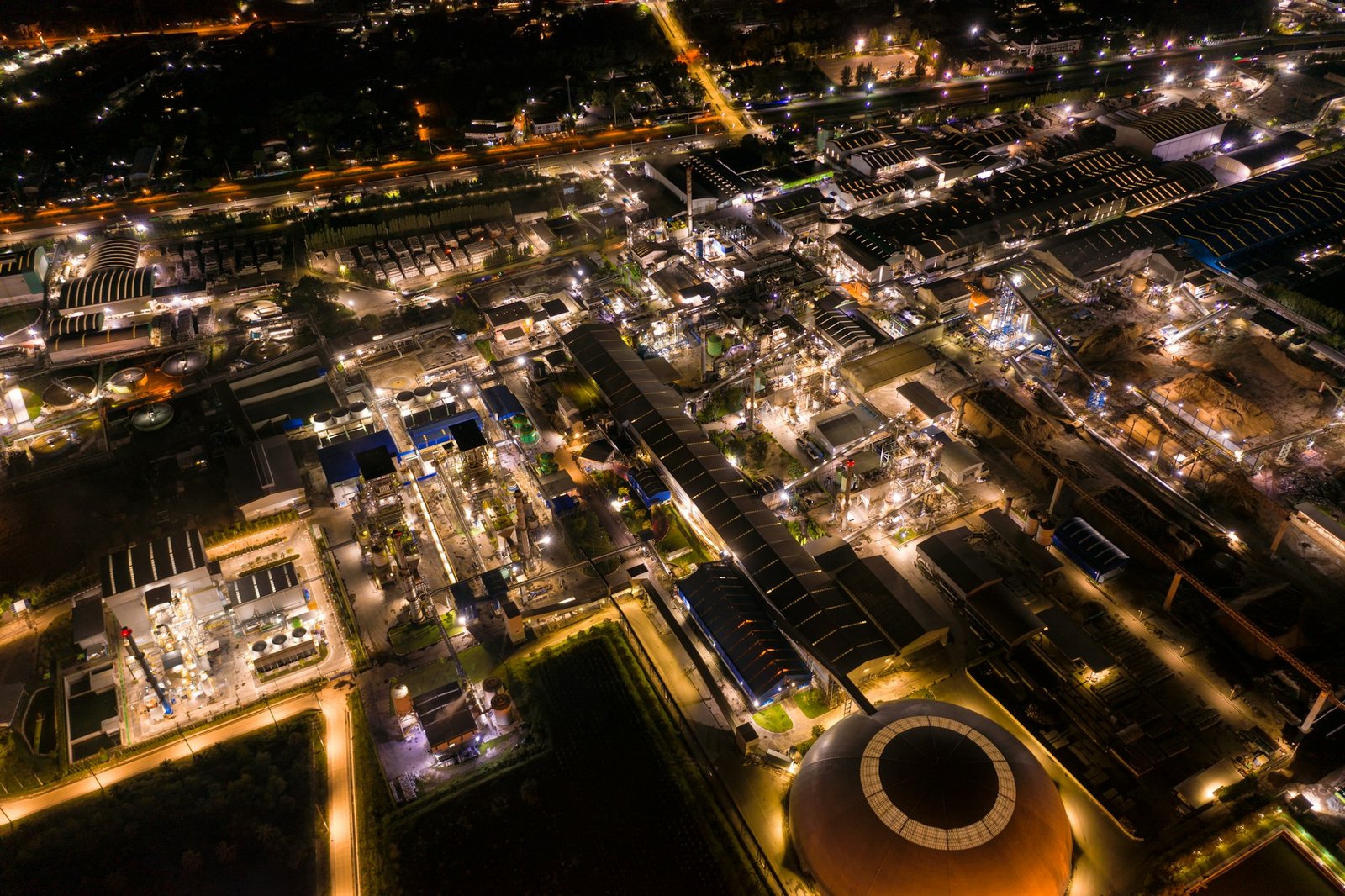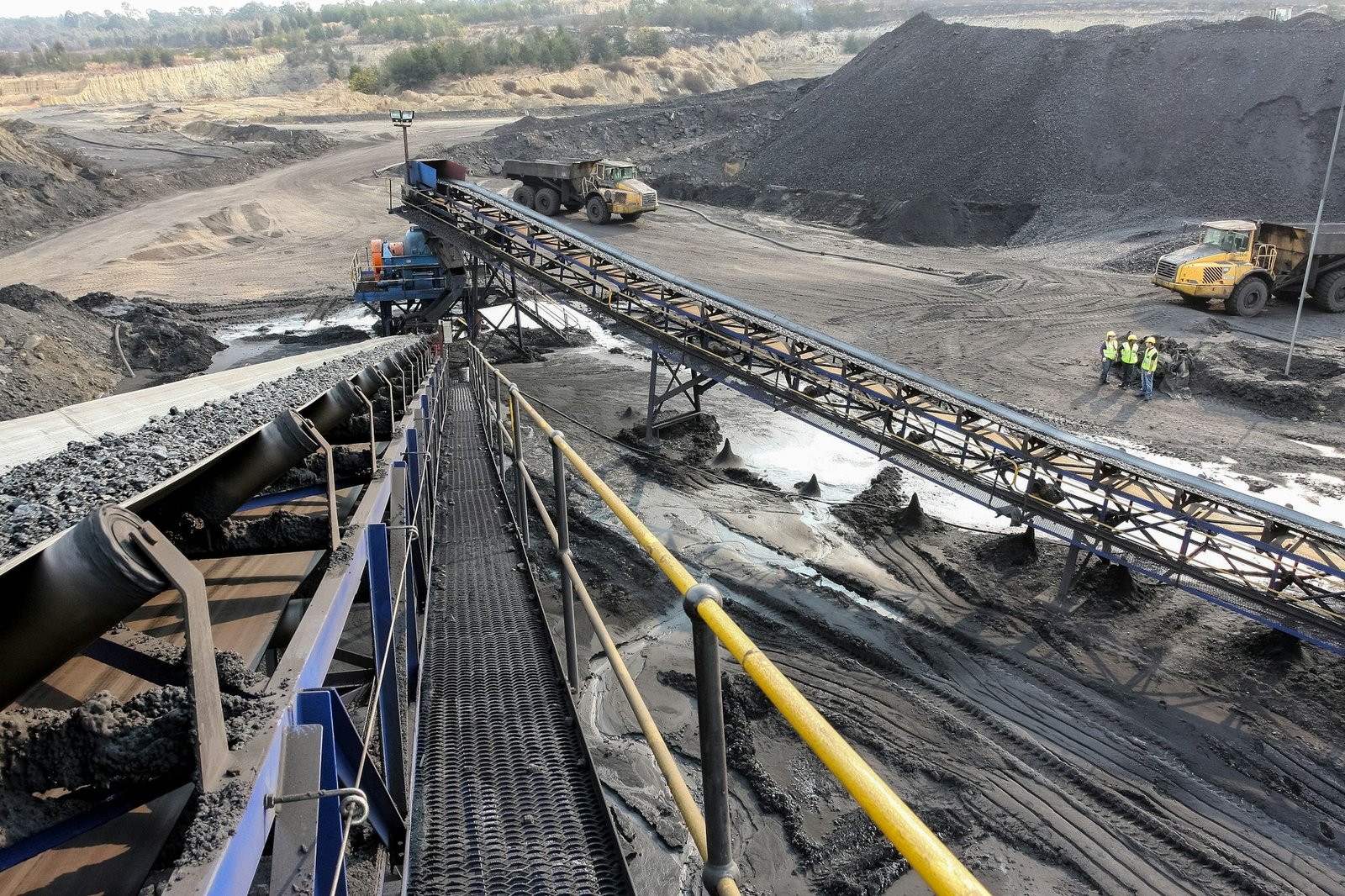The concept of a hydrogen economy has gained significant traction in recent years as nations seek cleaner, more sustainable energy sources to combat climate change and reduce reliance on fossil fuels. In this article, we explore the role of the chemical industry in driving the transition towards a hydrogen-based economy and its potential impact on the future of energy.
Understanding the Hydrogen Economy
What is the Hydrogen Economy?
The hydrogen economy refers to a future energy system where hydrogen serves as a versatile and environmentally friendly energy carrier. Hydrogen can be produced from various renewable sources, such as wind, solar, and hydroelectric power, through processes such as electrolysis and steam reforming. Once produced, hydrogen can be stored, transported, and used in various applications, including transportation, industry, and power generation.
Benefits of the Hydrogen Economy
The hydrogen economy offers several key benefits:
- Clean Energy: Hydrogen is a clean and abundant energy source that produces no greenhouse gas emissions when used in fuel cells or combustion processes.
- Energy Security: Hydrogen can be produced domestically from renewable resources, reducing dependence on imported fossil fuels and enhancing energy security.
- Versatility: Hydrogen can be used in a wide range of applications, including transportation, heating, electricity generation, and industrial processes, making it a versatile energy carrier.
- Decarbonization: By replacing fossil fuels with hydrogen, the hydrogen economy can help reduce carbon emissions and mitigate climate change.
Chemical Industry’s Contribution to the Hydrogen Economy
Hydrogen Production
The chemical industry plays a crucial role in hydrogen production, with large-scale facilities capable of producing hydrogen through steam methane reforming (SMR) and other industrial processes. In addition to traditional methods, the chemical industry is investing in advanced technologies such as electrolysis and biomass gasification to produce hydrogen from renewable sources.
Hydrogen Storage and Distribution
Efficient storage and distribution infrastructure are essential for the widespread adoption of hydrogen as an energy carrier. The chemical industry is developing innovative storage solutions such as hydrogen tanks, pipelines, and chemical carriers to transport and store hydrogen safely and economically.
Hydrogen Applications
The chemical industry is driving innovation in hydrogen applications across various sectors. From fuel cells for transportation to hydrogenation processes in chemical manufacturing, hydrogen offers a clean and sustainable alternative to traditional fossil fuels.
Advancing Towards a Hydrogen Economy
Research and Development
Research and development efforts are underway to improve the efficiency and cost-effectiveness of hydrogen production, storage, and utilization technologies. The chemical industry is collaborating with academic institutions, government agencies, and other stakeholders to advance hydrogen-related research and accelerate the transition towards a hydrogen economy.
Policy Support
Government policies and incentives play a crucial role in fostering the growth of the hydrogen economy. Many countries are implementing policies to support hydrogen production, infrastructure development, and market deployment through subsidies, tax incentives, and regulatory frameworks.
FAQs
1. What is the hydrogen economy?
The hydrogen economy refers to a future energy system where hydrogen serves as a versatile and environmentally friendly energy carrier, produced from renewable sources and used in various applications.
2. What are the benefits of the hydrogen economy?
The hydrogen economy offers clean energy, energy security, versatility, and the potential to decarbonize various sectors, including transportation, industry, and power generation.
3. What is the chemical industry’s role in the hydrogen economy?
The chemical industry contributes to the hydrogen economy through hydrogen production, storage, distribution, and the development of hydrogen-based applications in various sectors.
4. How is hydrogen produced?
Hydrogen can be produced from various sources, including natural gas through steam methane reforming, water electrolysis using renewable electricity, and biomass gasification.
5. What are some examples of hydrogen applications?
Hydrogen can be used in fuel cells to power electric vehicles, in industrial processes such as hydrogenation and ammonia production, and in stationary power generation for backup power and grid stabilization.





